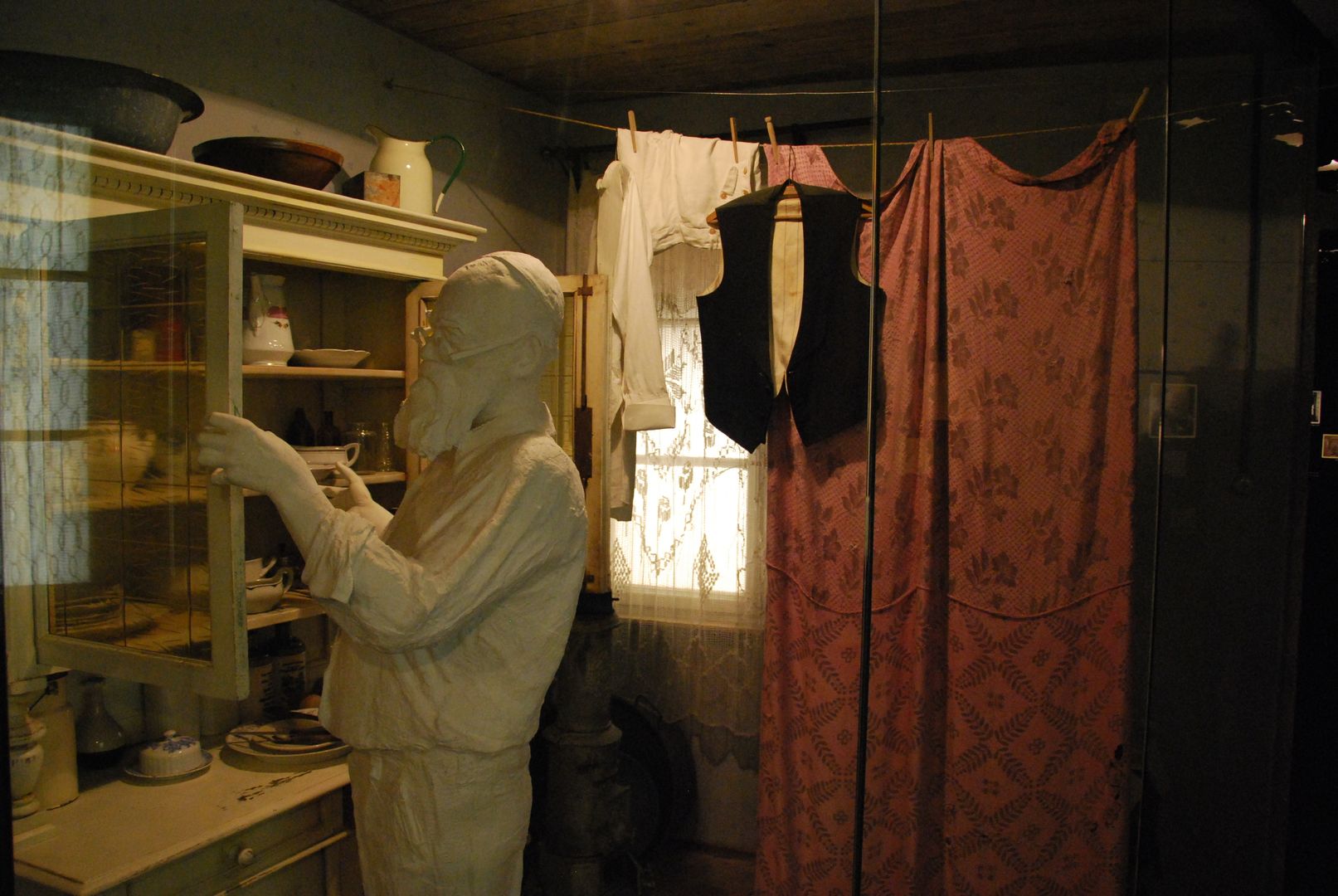Oskar Schindler's Enamel Factory
7.33

Overview
Oskar Schindler’s Factory, known as Deutsche Emailwarenfabrik (DEF), was established in 1937 in Kraków by Israel Kohn, Wolf Luzer Glajtman, and Michał Gutman. Initially operating as the Enamelware and Sheet Metal Products Factory, it was later taken over by Oskar Schindler, who saved over 1,100 Jews during World War II by creating the so-called "Schindler’s List." Schindler expanded the factory, producing not only enamelware but also mess kits and materials for the Wehrmacht. By employing mostly Jews who had escaped Nazi persecution, Schindler provided them with shelter and work in camps located within the factory grounds. After the war, the factory was nationalized, and in 2007, a branch of the Historical Museum of the City of Kraków was opened in the building, documenting the occupation of Kraków from 1939 to 1945. The exhibition, showcasing historical contexts related to the lives of the city’s inhabitants and the fate of Jews in Kraków, has been enriched with photographs and archival materials. The museum also incorporates modern media, such as interactive screens, to bring these dramatic times closer to visitors. The factory now forms an important stop on the Kraków Technical Trail, combining architectural elements with historical heritage. In addition to the Historical Museum, a Museum of Contemporary Art has also been established here. Among the exhibits are photographs of survivors, Schindler’s desk with the list of rescued individuals, reconstructions of ghetto apartments, and installations commemorating the destruction of the Kraków Ghetto. The history of the factory is also the subject of Thomas Keneally’s novel "Schindler’s Ark," and Steven Spielberg adapted it into the film "Schindler’s List," which further popularized this extraordinary story of human courage and sacrifice in the face of the horrors of war.
Location
Tickets
Powered by GetYourGuide
2026 Wizytor | All Rights Reserved